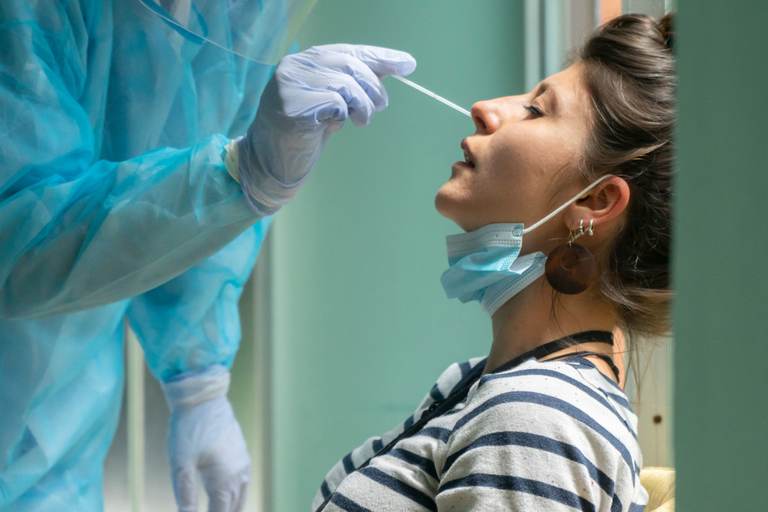
I'm betting this study is plagued by methodological issues of the variety most long covid studies so far have been - for instance, self-reporting, without much concern for ranking levels of severity.
I can already tell you that this study is using a wildly abnormal sample group, as fully 26% of its sample were hospitalized, which is insanely high for the 16-30yo age cohort.
So it's looking at people who started with exceptionally severe cases.
Now... That said, my wife still has not fully recovered her taste for example. It's not life threatening or a serious impediment beyond being annoying. And she's in a small minority even of this study, and of course she was never hospitalized.
It's hard to find the exact <30 hospitalization rates because for some shockingly stupid reason government data has always maintained a ludicrously wide category of 18-49 instead of continuing in smaller increments as they do above and below that cohort, but in the 18-49 age bracket, the CDC says the hospitalization rate is 2.5 per 100k.
Out of a study sample size of 312 individuals in that general age range, literally 0 (technically 0.007) should have been hospitalized were it random. It'd have been shocking if even one person in that age range in a random sample needed hospitalization.
So to study such a small sample group of 16-30 year olds and 26% of participants -- 65 individuals! -- need hospitalization, you've found yourself a sample that is so hilariously biased, I'm not sure what use it has at all.
And without even being able to know that they had some way to verify that people's reported symptoms were connected to their experience with covid and they weren't just asking people to self report if they had experienced a headache and then attributed it to "long covid" without evidence, it's even less valuable.
Scientists often put these things out with disclaimers, but I'm getting to a point where it shouldn't really give them absolution for misinformation that gets reported all over the world. The headline here literally says that more than half of young people who have mild cases of covid experience long-term effects.
That's scary. Except this study is clearly heavily weighted with young people with severe, not mild, cases; and it's totally unclear whether or not the reported long term effects are even significant enough to be alarming, let alone actually a consequence of covid and not simply something else they experienced in the intervening several months.
I'm left to conclude that the reporting is -- like virtually everything else has been -- designed to scare, not to inform.
And tbh, I'm getting a little tired of researchers conducting shitty studies that are guaranteed to lead to terrifying conclusions and then getting a pass because science journalism reported on them with sensationalist headlines. We know that's what reporters are going to do. At some point, I feel like it's deliberate.
Awasome information